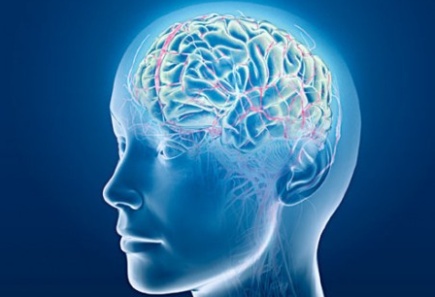EU ahead in brain race

Earlier this year Obama announced the BRAIN initiative, aimed at mapping and understanding individual brain cells and complex neural systems. In the meantime, at the Swiss Federal Institute of Technology in Lausanne, professor Henry Markram is working away on the Human Brain Project, helped by a cutting edge IBM Blue Gene computer (donated by the Swiss government) and by the EU, funding his work with 1 billion euro.
The success of either of the brain mapping projects is hampered by the fragmentation of neuroscience, Markram says in the Guardian. “Each year sees the publication of about 100,000 papers, but neuroscientists are so specialised they have trouble understanding each other.”
Experiments impossible
“To fully understand the operation of every synapse and how they interact with neurons in other parts of the neo-cortex, scientists would need to trace all of the 100 trillion connections between them – something that is impossible to do experimentally.”
So that is where the super computer comes in. Instead of experimentally mapping the brain, the computer will reconstruct it by predicting the way neurons work. Moreover, working in teams – “in swarms”, he says – is imperative. “To someone who is used to deciding what experiment they should do I can see how that might come across as antagonistic”, he says.
The next step is then to combine the simulated brain with all available data on metal diseases, leading to better diagnostic possibilities. All this should be feasible in ten years’ time, Markram projects, his next TED talk he will send a hologram to do the talking.
Meest Gelezen
Vrouwen houden universiteit draaiende, maar krijgen daarvoor geen waardering
Wederom intimidatie van journalisten door universiteit, nu in Delft
Hbo-docent wil wel rolmodel zijn, maar niet eigen moreel kompas opdringen
‘Burgerschapsonderwijs moet ook verplicht worden in hbo en wo’
Raad van State: laat taaltoets nog niet gelden voor hbo-opleidingen

